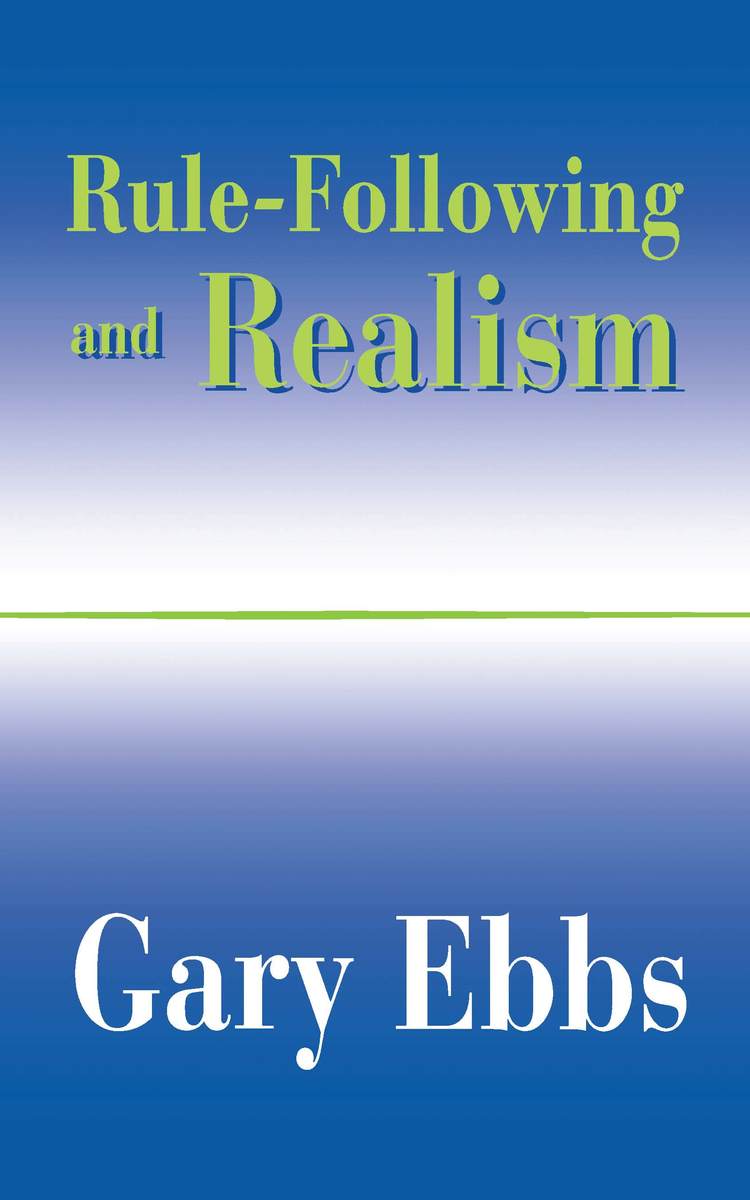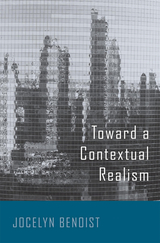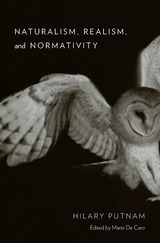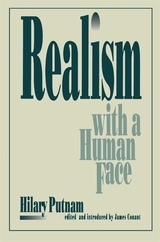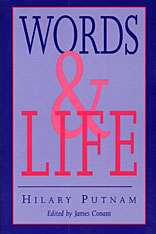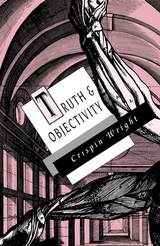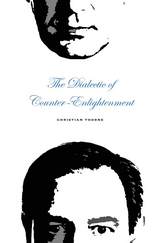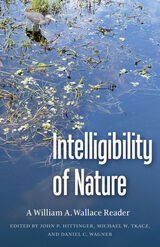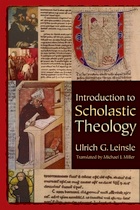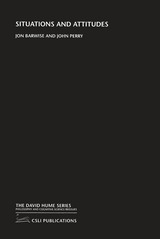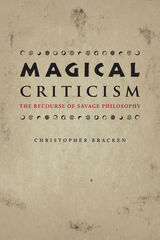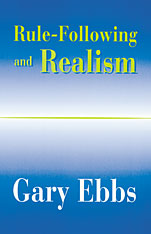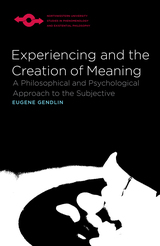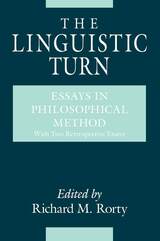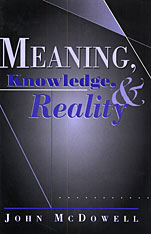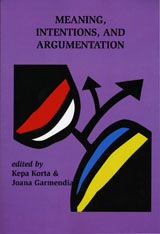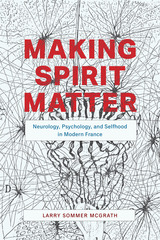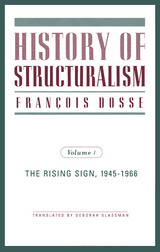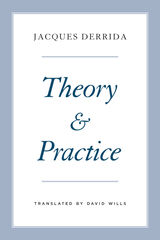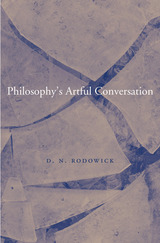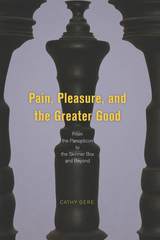Paper: 978-0-674-00555-6 | eISBN: 978-0-674-03441-9 | Cloth: 978-0-674-78031-6
Library of Congress Classification B840.E23 1997
Dewey Decimal Classification 121.68
Through detailed and trenchant criticism of standard interpretations of some of the key arguments in analytical philosophy over the last sixty years, this book arrives at a new conception of the proper starting point and task of the philosophy of language.
To understand central topics in the philosophy of language and mind, Gary Ebbs contends, we must investigate them from our perspective as participants in shared linguistic practices; but our efforts at adopting this participant perspective are limited by our lingering loyalties to metaphysical realism (the view that we can make objective assertions only if we can grasp metaphysically independent truth conditions) and scientific naturalism (the view that it is only within science that reality can be identified and described). In Rule-Following and Realism, Ebbs works to loosen the hold of these views by exposing their roots and developing a different way of looking at our linguistic practices.
Reexamining and extending influential arguments by Saul Kripke, W. V. Quine, Rudolf Carnap, Hilary Putnam, and Tyler Burge, Ebbs presents systematic redescriptions of our linguistic practices that transform our understanding of such central topics as rule-following, the analytic-synthetic distinction, realism, anti-individualism, the division of linguistic labor, self-knowledge, and skepticism.
See other books on: 20th century | Language and languages | Meaning (Philosophy) | Philosophy | Realism
See other titles from Harvard University Press
